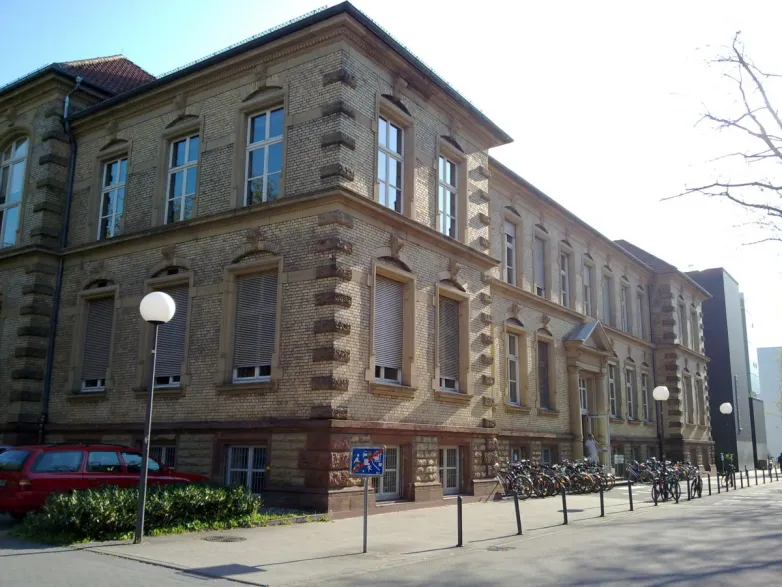German scientists works on brand new solar cell materials
- The Carl Zeiss Foundation has invested €4.5m in the R&D project by the Karlsruhe Institute of Technology in Germany. The KIT research team is going to invent whole new photovoltaic cells, which are supposed to provide all the benefits of organic, crystalline silicon and perovskite solar cells, such as printability, stability and ferroelectric properties.

The Karlsruhe-based Institute has been funded for development of a radically new approach to manufacturing of PV cells.
The project named ‘KeraSolar’ is focused on creation of innovative ceramic materials which are supposed to be enormously durable and robust. Another benefit of the newly created materials is their shapeability, which will allow them to adjust to any surface. Moreover, widespread and inexpensive raw materials will make production quite cost-effective.
Investment for the six-year-long venture amounting to €4.5m was provided by the Carl Zeiss Foundation. The latter refers to itself as “the oldest private scientific foundation” in the country. The foundation supports R&D in the fields of operation of two companies it owns, which in their turn pay dividends to provide funding for the projects development.
The novel ceramic-based materials are characterized by vast opportunities “for combining elements and connections”, which allows them to achieve unique properties. The R&D project is likely to involve 16 scientific teams from the institute’s material research center. The center’s scope of activity covers a vast focus area from chemistry and physics to material science and electrical engineering.
Also read

